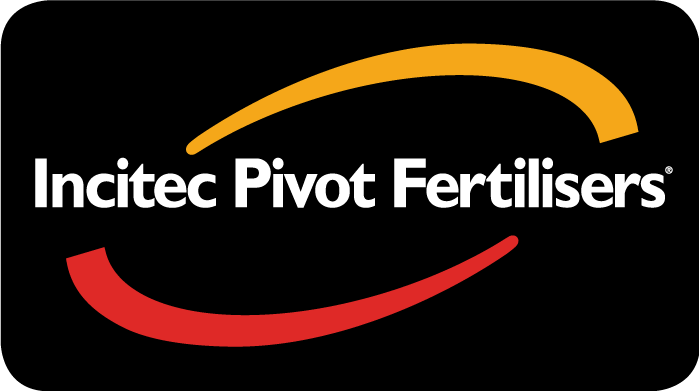
Why choose eNpower®?
eNpower® will help you get more out of your nitrogen investment. It’s an enhanced efficiency fertiliser designed to minimise nitrogen losses, improve efficiency, and maximise return on investment. With proven nitrification inhibitor technology, it helps keep nitrogen where it belongs – in the soil, feeding your crop.
In reef regulated areas, or when nitrogen prices are high, it's not practical, profitable or possible to just apply more to cater for loses.
How eNpower works
eNpower is IPF Granular Urea coated with IPF’s patented nitrification inhibitor DMP-G, which slows the breakdown of urea in the soil. This reduces nitrogen loss due to leaching and denitrification, ensuring more nitrogen remains available for plant uptake.
- eNpower is a bacteriostatic, which effectively ‘puts to sleep’ the bacteria responsible for converting urea to other forms of nitrogen.
- It stabilises the positive-charged ammonium (NH4+) which binds to the negatively-charged clay particles and organic carbon in the soil.
- This reduces the risk of nitrogen being carried out of the root zone by heavy rain or irrigation.
- After 6-12 weeks, that ammonium then goes through its natural cycle, which mirrors the plants requirements over the crop.
- Plants can take up ammonium or nitrate nitrogen, so it is not starving your crop at any stage.
Key benefits
Retain Nitrogen
- Reduces nitrogen loss, keeping more nitrogen in the soil and available for your crops.
- More flexible application timing – apply ahead of heavy rains and know you have protected your nitrogen investment
- eNpower is coated using technology that ensures uniform application, deeper penetration into urea granules, and reduced dust formation, making it easier to handle and spread.
Reduces greenhouse gas emissions
- eNpower can also reduce emissions of the potent greenhouse gas nitrous oxide, compared to applying standard urea alone.
- Nitrous oxide has 265 times the global warming potential of carbon dioxide, can remain in the atmosphere for more than 100 years and is an ozone-depleting substance.
Simple addition to farm with confidence
- Switching to eNpower is as easy as asking for it by name when ordering your fertiliser, Incitec Pivot will coat your current fertilsier program on despatch. Its that simple
Made for Australian farmers
eNpower was developed by the IPF Research & Development and Agronomy teams, for Australian growers, with Australian conditions in mind, helping you get the most from every kilogram of nitrogen.
- Proudly developed, tested, and patented in Australia.
- Designed for Australian climate and soils.
- Backed by years of IPF agronomic research.
Application guidelines
eNpower can be applied to sugarcane ratoon crops, or at planting.
- Sub-surface applied Urea – its important to make sure there is adequate soil above the placement of the granule to mitigate potential volatilisation losses.
- High organic matter soils - Organic material such as in the tropics, can expedite nitrogen conversion to a form that is prone to leeching (Nitrate),
- Sandy soil – soils with low clay content, or with sand/gravel can be prone to leeching, or nitrogen moving through the soil profile. eNpower holds your nitrogen stable in the root zone longer than traditional Urea.
- Hot conditions – High temperatures can accelerate nitrogen loss through leaching and denitrification.
- High rainfall– waterlogged soils can increase the rate of denitrification through the loss of N2O. It can also ‘flush’ nitrogen from the rootzone to where your plants can't use it.
Related Insight Articles

eNpower® – more than just a nitrogen advantage

